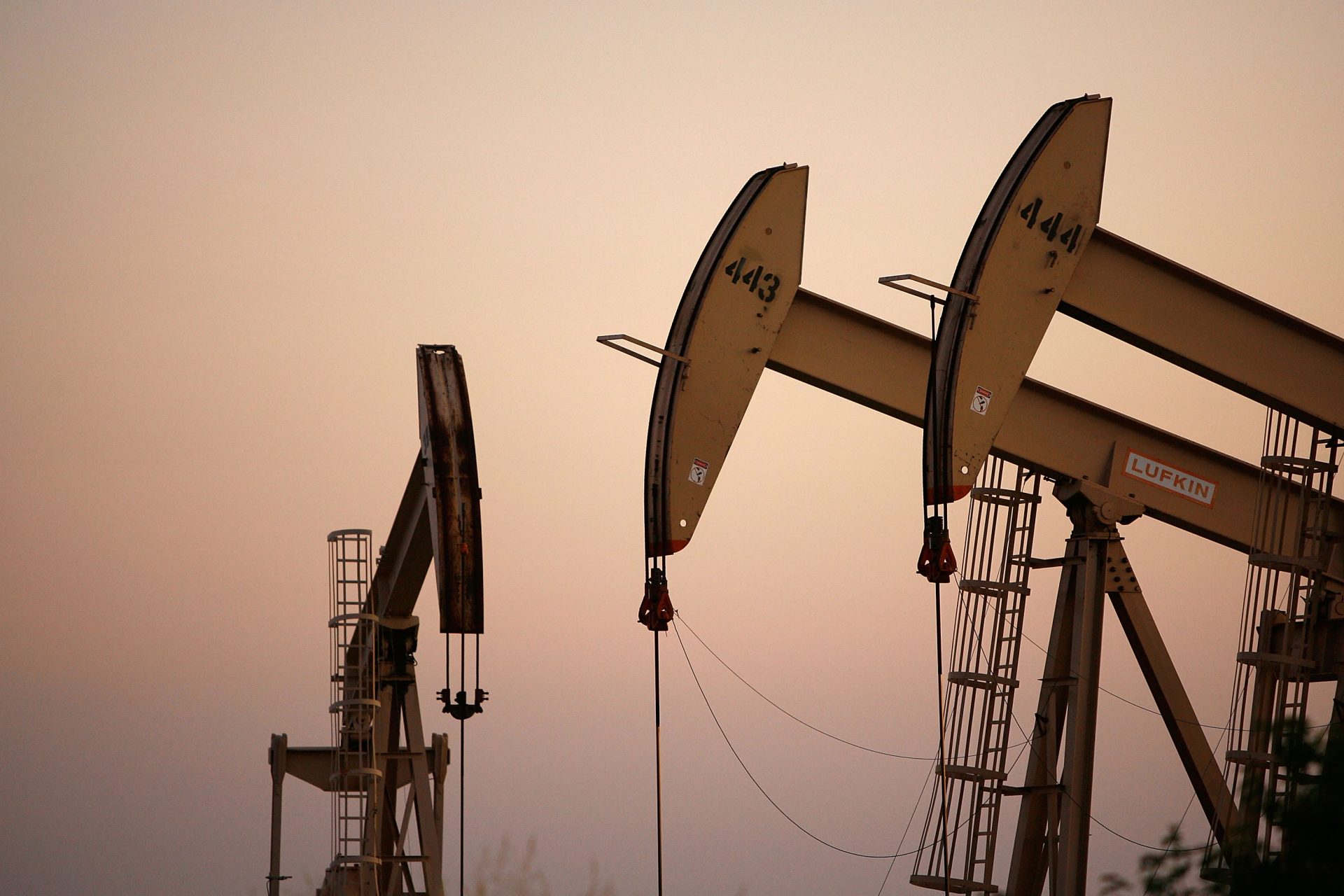What will happen when we run out of oil?
The world has feared the day we run out of oil. As our lifestyles have become increasingly dependent on our sources of energy, experts have tried to determine whether that is possible.
So far, predictions roam around economic turmoil. If demand increases and supply decreases, oil prices could skyrocket, sending entire economies into recession and affecting thousands of industries.
Fossil fuels are a finite resource. There is a limit to what we can find on the planet. Population numbers, oil, gas, and coal demand grow yearly. It has taken the Earth thousands of years to produce the fuels we are burning at a fast rate.
According to information by Our World in Data, the consumption of fossil fuels increased by almost 9% between 2012 and 2022. Some experts compare oil extraction to demand to determine how long we have.
There are conflicting views on the topic since many of the scary predictions of world doom after hitting peak oil extraction were made before the demand and investment in renewables grew.
Different estimates also consider how demand could change in the coming years. Still, even the most optimistic estimates predict we will run out during this century.
According to Our World in Data, which gathers information from the Energy Institute, we have 57 years of oil, our primary energy source, left. We have 49 years of gas and 139 years of coal.
According to Gioietta Kuo from the Millennium Alliance for Humanity and Biosphere of Stanford University, another issue pushing the demand increase is that the most accessible petroleum sources and high-quality fossil fuels are becoming less common.
That is why we need more energy-demanding techniques to extract oil and gas from hard-to-reach soil areas, burning more fossil fuels to remove what is left.
Fracking is an example of that: it demands high energy and water. So, as we reach the peak of oil extraction, we will burn more to continue extracting what is left.
However, activities like fracking are incredibly effective in increasing oil reserves. According to the Deutsche Welle, the US is now the top producer thanks to the technique, despite having smaller reserves.
So, looking at overproduction may be important. A recent DW story gathered experts to discuss a more pressing issue for oil companies worldwide: the slowing demand for fossil fuels.
The DW said it is possible that the doom for these companies comes from the opposite of what we’ve been fearing: rising oil extraction against lowering demand could plummet oil prices.
A 2023 report cited by the German outlet confirmed that theory. The International Energy Agency said the peak in oil demand could come as soon as 2030.
Despite that, energy companies keep betting on rising oil demands to expand on new projects that will likely become dead weight shortly. So maybe the fear should be there.
More for you
Top Stories




























